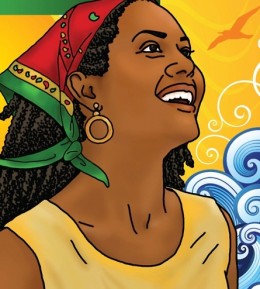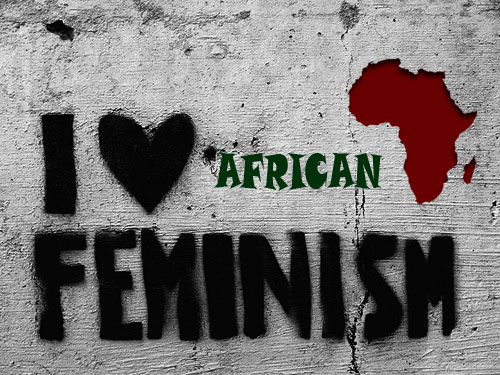I was invited by a Caribbean feminist collective to participate as a virtual guest in their Audre Lorde appreciation event this past weekend. After weeks of fighting a winter slump, I ended my Skype session feeling nourished and optimistic, which has prompted some reflecting on the power of sister circles,…
African Feminism - Afrofeminism - Blog - Movement-Building - Self-Care and Self-Love - Special Series - Thought Leadership

